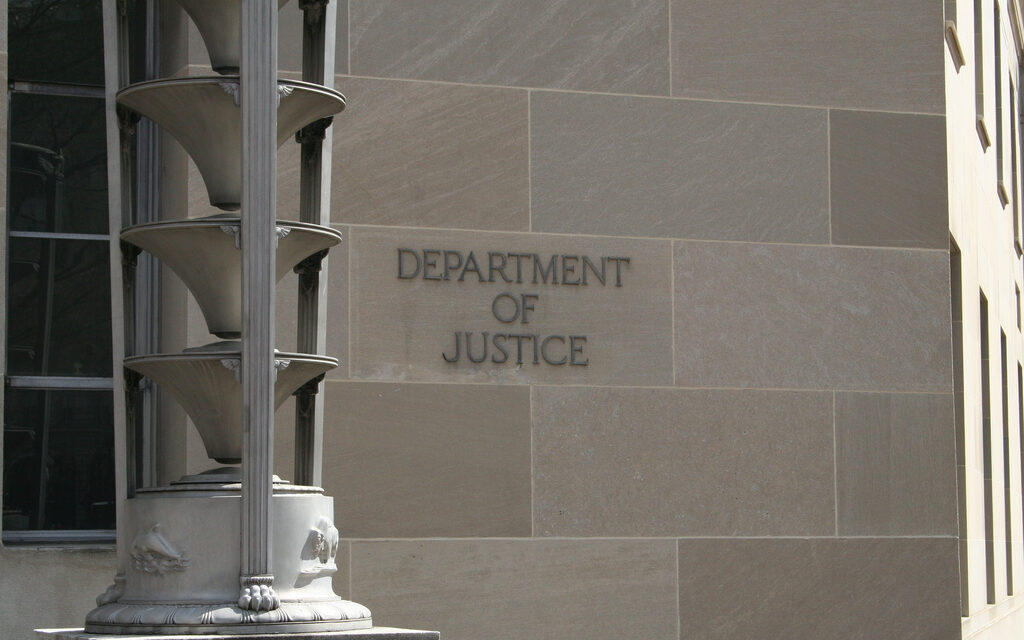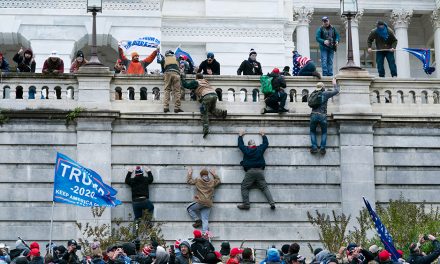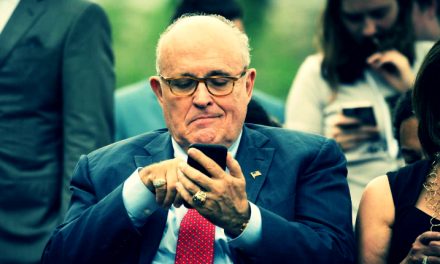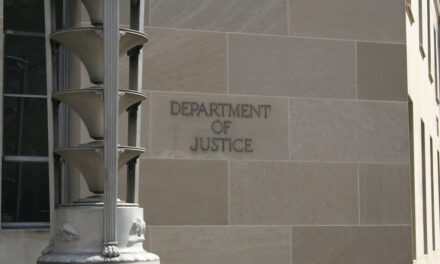Cross-posted at Project Vote’s Voting Matters Blog
by Michael McDunnah
A New York Times story this week reported that U.S. Attorney General Eric Holder is planning to return the Justice Department’s Civil Rights Division to its historical mission: protecting the civil rights of Americans. According to the article, the new attorney general is committed to “a revival of high-impact civil rights enforcement against policies…where statistics show that minorities fare disproportionately poorly,” including housing, employment, lending practices, and voting rights.
That Attorney General Holder is committed to refocusing the Civil Rights Division on enforcement is admirable and encouraging. That these plans represent such a “reshaping” of the DOJ that they become front-page news, on the other hand, is a sad testament to the tainted legacy of the Bush Administration and a reminder of just how far the department Holder has inherited strayed from its intended purpose over the previous eight years—particularly in the area of voting rights.
As the Times editorialized yesterday, “the Bush administration declared war on the whole idea of civil rights, in a way that no administration of either party had since the passage of the nation’s civil rights laws in the 1960s.” For most of the decade we saw a DOJ that was more interested in suppressing voting rights than protecting them—one that refused to investigate or prosecute real rights violations, and instead brought its significant power to bear on attacking voter registration organizations attempting to empower eligible minority and low-income Americans.
The most egregious example of this partisan repurposing of the DOJ came to be known as the U.S. Attorneygate scandal. Earlier this month the House Judiciary Committee released thousands of pages of documents—including transcripts of interviews with former White House adviser Karl Rove and former White House counsel Harriet Miers—that provide the most damning evidence yet of how the White House brought unprecedented political pressure on the DOJ to pursue a partisan effort to hamper voter registration efforts and suppress turnout at the polls. This far-reaching (and still unfolding) scandal arose out of inquiries into the firings of nine U.S. attorneys, including David Iglesias, the former Republican U.S. attorney in New Mexico. Iglesias has said he was forced from his post when he refused pressure from White House adviser Rove and Attorney General Alberto Gonzales to bring trumped-up charges against the voter registration group ACORN in 2004 and 2006. The resulting scandal ultimately led to the resignations of Rove, Gonzales, and several DOJ officials.
“Under the Bush regime,” House Judiciary Committee Chairman John Conyers said in a statement August 11, “honest and well-performing US Attorneys were fired for petty patronage, political horsetrading and, in the most egregious case of political abuse of the US Attorney corps – that of US Attorney Iglesias – because he refused to use his office to help Republicans win elections.”
While the U.S. Attorneygate scandal was the most sensational example of the partisan perversion of the DOJ to actively suppress the rights of voters, the Bush era was also marked by selective inaction. While trumped up charges of voter fraud were being investigated, widespread violations of voting rights laws went unchallenged. The least known—and perhaps most important—of these neglected and largely unenforced federal laws is Section 7 of the National Voter Registration Act (commonly called the “motor-voter” law), which requires public assistance agencies to offer the opportunity to register to vote with every application for benefits, recertification, or change of address form. While it has the potential to help millions of low-income Americans register to vote every year, this requirement of the NVRA has been largely ignored by many states, and voter registration applications through public assistance agencies are a fraction of what they should be. The DOJ is the only federal agency with both the power and the mandate to compel compliance with the public agency registration requirement of the NVRA yet, despite flagrant non-compliance from more than a dozen states, the DOJ brought only one lawsuit (in Tennessee) between 2000 and 2008.
The current DOJ seems headed in the right direction; the administration has made its commitment to voting rights clear, and the DOJ has indicated that aggressive enforcement of the NVRA is a top priority. The DOJ is already taking the essential first step to facilitate this work in non-compliant states, and to make possible the entire aggressive agenda of civil rights enforcement Holder has proposed: hiring new lawyers. The division’s ranks of qualified and dedicated civil rights attorneys were decimated during the Bush years by partisan hiring, firing, and promotion policies, as well as a high rate of turnover. “The Obama White House has also proposed a hiring spree that would swell the ranks of several hundred civil rights lawyers with more than 50 additional lawyers,” the Times reports.
There are other signs of progress. Under the Voting Rights Act, states with a history of discriminatory election practices are required to seek federal approval before changing election rules. As the Times article mentions, the Bush administration DOJ signed off on a Georgia law requiring voters to provide photo ID, despite its disproportionate impact on minority voters. In May 2009, however, the DOJ blocked a similar Georgia law that would have required voters to provide proof-of-citizenship to register to vote, a law Loretta King, the acting assistant attorney general of the Justice Department’s Civil Rights Division, said was “seriously flawed,” and “frequently subjects a disproportionate number of African-American, Asian, and/or Hispanic voters to additional, and, more importantly, erroneous burdens on the right to register to vote.”
In its editorial yesterday, the Times summarized the proper and vital role that the Civil Rights Division plays in ensuring that every eligible American can vote. “The division needs to drop the Bush-era obsession with the overblown problem of vote fraud and put the emphasis back where it should be — making sure protected groups are not denied the right to vote. It has to ensure that the voter rolls are not being illegally purged, and that political operatives are not engaging in dirty tricks to suppress the minority vote. It also needs to make state and local governments comply with the ‘motor voter’ law, which requires registration to be available at motor vehicle bureaus and welfare offices.”
As Holder says in the Times report, “the wounds that were inflicted on this division were deep, and it will take some time for them to fully heal.” But the voting rights community can take hope from these first, encouraging signs that the attorney general and the administration are committed to restoring the integrity of the DOJ, revitalizing the Civil Rights Division, and aggressively protecting and enforcing our nation’s hard-won voting rights laws.







